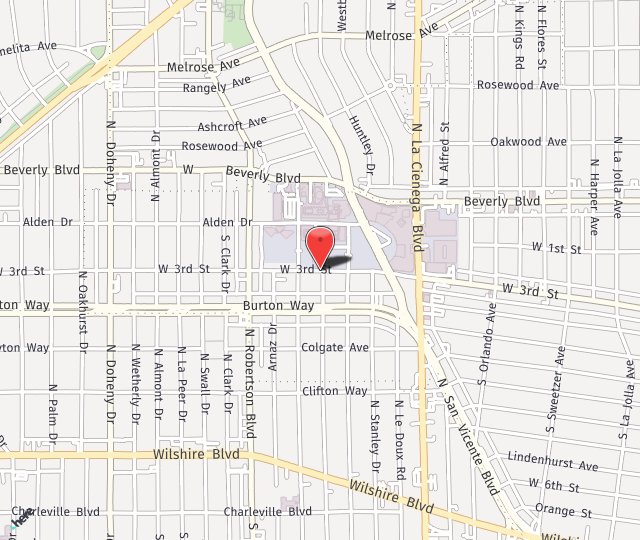Chronic Pain and Nerve Damage
- Posted on: Feb 14 2021
 The word “chronic” never has good connotations. From chronic sinus infections to a person who is chronically late, it’s not a word associated with good things. That’s very much the case with pain. If you suffer from chronic pain, there’s not much to smile about. Chronic pain is defined as pain that is ongoing and has been ongoing for at least six months.
The word “chronic” never has good connotations. From chronic sinus infections to a person who is chronically late, it’s not a word associated with good things. That’s very much the case with pain. If you suffer from chronic pain, there’s not much to smile about. Chronic pain is defined as pain that is ongoing and has been ongoing for at least six months.
Chronic pain is often due to nerve compression and other problems with the nerves. Dr. Seruya helps patients from across the Los Angeles area overcome chronic nerve pain.
What are the symptoms?
It’s easy to say “duh” when asking the symptoms of chronic pain, but chronic nerve pain is different than say chronic back pain. Patients with chronic nerve pain typically report a burning, electrical, or tingling type of pain in the area served by the nerve. If a person has lost a limb due to trauma or amputation, they may have phantom pain in the absent limb. Chronic nerve pain usually worsens at night and may progress to the degree it awakens the person in the morning hours.
What causes chronic nerve pain?
Chronic nerve pain is caused by nerve damage. In most cases, the pain is due to nerve compression as the nerve travels through areas where there isn’t enough room. For instance, in the carpal tunnel running through the wrist, the median nerve can compressed by inflammated ligaments from repetitive movements. The resulting chronic pain affects the wrist and the fingers served by the median nerve.
Other causes of chronic nerve pain can be due to a rupture injury, where the nerve completely snaps, creating two free ends that cannot pass electrical signals across them. Avulsion injuries cause the nerve to be directly pulled off its electrical source in the spinal cord. Nerves can also be directly damaged by radiation, tumor growth, or viruses.
Treating chronic nerve pain
Except in the cases of trauma, treatment begins with medical management by a pain specialist. Inflammation is targeted with anti-inflammatory drugs. Nerve-specific drugs, such as Lyrica, can work directly on the injured nerve, decreasing the electrical, burning, or tingling sensations. Nerve blocks can be used to block the pain messages the injured nerve is sending to the spinal cord.
When those types of measures fail to stem the pain, Dr. Seruya will treat nerve damage with either nerve decompression, nerve grafting, or targeted muscle reinnervation. In a decompression surgery, he will create more room to remove the compression on the nerve. When a nerve has extensive damage, a nerve graft is performed to remove the scar within the nerve and bridge it with a graft. In targeted muscle reinnervation, the injured nerve is redirected to a local muscle so that the nerve is sending electrical signals to the muscle rather than back to the spinal cord.
If you’re suffering from chronic nerve pain, please give Dr. Seruya a call at (310) 423-2129. He can get you past the pain.
Posted in: Latest News, Nerve Decompression/Neurolysis

